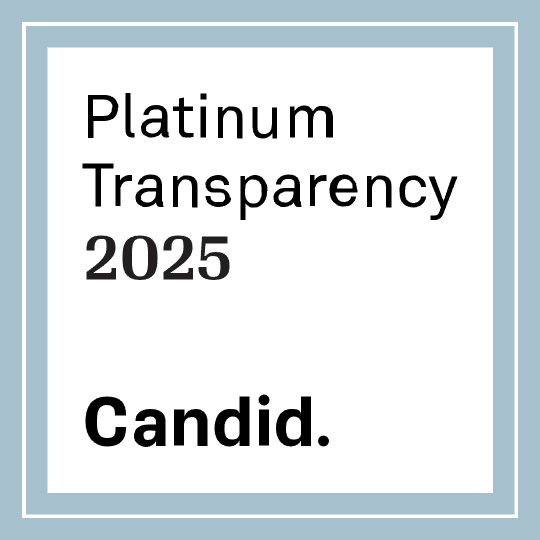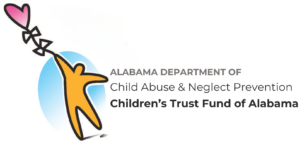 Alcohol is the most widely abused substance in the United States. Approximately 55% of men and 51% of women drink at some point each month.[1] While some people are able to drink safely in moderation, others engage in dangerous drinking patterns that can cause harm to themselves and the people around them.
Alcohol is the most widely abused substance in the United States. Approximately 55% of men and 51% of women drink at some point each month.[1] While some people are able to drink safely in moderation, others engage in dangerous drinking patterns that can cause harm to themselves and the people around them.
One of the most dangerous ways to drink alcohol is to binge or drink an excess of alcohol very quickly. Despite how dangerous binge drinking is, it is extremely prevalent across the country. In 2019, nearly 26% of surveyed individuals over the age of 18 reported binge drinking in the last month.[1]
Education is the key to prevention, so it’s important to understand what binge drinking is, why it is dangerous, and how it can affect the people who care about you the most.
What is Binge Drinking?
The National Institute on Alcohol Abuse and Alcoholism (NIAAA) defines binge drinking as a deadly pattern of excessive alcohol use that involves men drinking 5 or more drinks or women drinking 4 or more drinks within a two-hour time period.[2] One standard drink refers to:
- One 12 fl oz regular beer
- One 5 fl oz glass of table wine
- A 1.5 fl oz shot of distilled spirits (vodka, gin, rum, tequila, whiskey, etc.)
- One 8-10 fl oz malt liquor beverage
Binge drinking is very common among teens, young adults, and college students. One-third of college students binge drank in the last month.[2]
The Dangers of Binge Drinking
When you drink alcohol, your liver filters alcohol out of your blood at a rate of about one ounce of alcohol per hour. If you  binge drink, too much alcohol builds up in your blood, increasing your blood alcohol concentration (BAC) to dangerous levels. You may feel the immediate effects of intoxication and even like how you feel, but binge drinking can be extremely dangerous.
binge drink, too much alcohol builds up in your blood, increasing your blood alcohol concentration (BAC) to dangerous levels. You may feel the immediate effects of intoxication and even like how you feel, but binge drinking can be extremely dangerous.
Short-term dangers include:
- Getting into an accident or getting physically injured
- Drinking and driving
- Poor decision-making can lead to risky behaviors like unprotected sex
- Blacking out or having lapses in memory
- Experiencing shame and embarrassment in regard to your actions while under the influence
- Getting physically ill to the point where you throw up
- Drinking so much that you develop alcohol poisoning
- Having sickness or a hangover the next morning
Long-Term Effects on Your Mental and Physical Health
Chronic binge drinking can lead to all of the short-term consequences plus more. For example, regular binge drinking is a surefire way to develop an alcohol use disorder (AUD) or alcohol addiction. Alcoholism casts a wide net for consequences that can affect your mental, physical, spiritual, emotional, and social health.
Binge drinking can also be deadly. According to the NIAAA, 46% of alcohol-related deaths were associated with binge drinking between 2011 and 2015.[2] Death can occur as a result of alcohol poisoning, unintentional injury, or health problems that developed after years of heavy alcohol misuse.
Binge drinking increases the risk of:
- Pancreatitis
- Liver disease
- Liver failure
- Cardiovascular disease
- Neurological damage
- Suppressed immune system
- Anemia
- Nerve damage
- Head and neck cancer
- Esophageal cancer
- Liver cancer
- Breast cancer
- Colorectal cancers
This dangerous pattern of drinking can affect your mental health, too. People who binge drink regularly are at an increased risk of depression, anxiety, other mental health conditions, declining mental functioning, and even dementia.
How Your Binge Drinking Affects the People Around You
 Because alcohol is legal and widely accepted in the US, many people underestimate the dangers of heavy drinking. Some people also assume that binge drinking is OK because they are just having fun and not hurting anyone else. But the truth is that binge drinking does harm the people around you, and it can do so in various ways.
Because alcohol is legal and widely accepted in the US, many people underestimate the dangers of heavy drinking. Some people also assume that binge drinking is OK because they are just having fun and not hurting anyone else. But the truth is that binge drinking does harm the people around you, and it can do so in various ways.
- Children – Binge drinking while pregnant can increase the risk of fetal alcohol syndrome, a health condition that affects the cognitive and developmental capabilities of babies and children. The condition can affect individuals for their entire lives. Additionally, children who grow up in homes where their parents’ binge drink regularly may not have their emotional needs met. They may be neglected or more susceptible to abuse or trauma.
- Significant others – Whether it is a boyfriend or girlfriend, husband or wife, or life partner, your drinking can affect your significant other’s life and your relationship with him or her. Binge drinking can range from being a simple nuisance such as your loved one having to take care of you or something more serious such as destroying trust, respect, and compassion. If your drinking brings about economic hardship, your significant other is likely to be the one to make up for the slack, too, which can place added strain on a relationship.
- Friends – If you are constantly getting drunk, your friends may no longer want to be around you. They may stop taking you seriously, get annoyed with you, or be extremely concerned about your well-being.
- Family – When binge drinking gets out of control, families may worry excessively about your well-being, your alcohol consumption, and your behaviors. This worry and fear can impact their mental health.
- Strangers – While under the influence, your judgment is impaired. You could get in the car and drive, only to get into a car accident and harm someone else. Or, you could say things that you don’t mean, hurting someone’s feelings.
Finally, binge drinking carries a massive economic burden. It accounts for a vast majority of the economic cost of alcohol misuse.[2] This can indirectly affect any tax-paying citizen.
Knowing When it is Time to Get Help
Defining the line between binge drinking and alcoholism isn’t always easy to do, but if you have to ask yourself if you have a problem with alcohol, that is a sign that you may want to try cutting back on your drinking habits.
Other signs that it’s time to get help are:
- You often promise yourself or others that you won’t get drunk, but find that you can’t control how much you drink once you start drinking.
- Your friends and family have expressed concern about your drinking habits.
- You are experiencing mental or physical health problems as a result of your drinking, but you still can’t stop.
- You experience symptoms of withdrawal if you stop drinking.
If you relate to any of those statements, it’s time to speak with your doctor or a trusted addiction specialist about your treatment options.
References:









